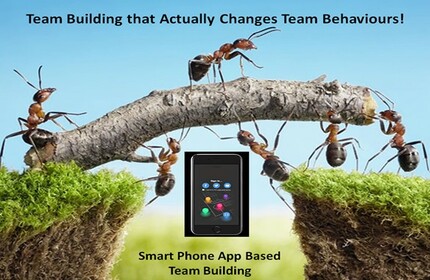Are you surprised that, according to the latest Gallup State of the Australian and New Zealand Workplace 2023, 67% of Australian and New Zealand’s employees are “quiet quitting”? (and, btw, that’s only marginally worse than our OECD counterparts at 64% who are “quiet quitting”.)
I have to say I’m really not surprised at all. For example, if I worked for ‘sorry-not-sorry-Optus’, I’d probably be quiet quitting too – loudly quitting, maybe!
Same if I worked for Qantas after learning the company [allegedly] sold thousands of ghost tickets for cancelled flights. Or if I worked for CBA after hearing the bank makes a near record $10.16 BILLION profit while I see people stressed to the max around me because of work overload. We could find the same story with different characters (organisations & workers) pretty much across the country – indeed, world.
Should we be worried about ‘Quiet Quitting’?
The biggest issue I have with the whole ‘you’re quiet quitting’ accusation is that by saying that I think we’re constantly sending the message to people that they’re not good enough. That’s not just stoking the fire of disengagement and burnout…its erupting the volcano of burnout & disengagement!
The irony is, from a neuroscience-point of view, this is leading from a ‘Threat’ or ‘Away State’ perspective: “you’re not good enough, work harder!” is essentially the message. That’s not exactly Psychological Safety! That’s leading by developing [dis]stress-based neurotransmitters like adrenaline, norepinephrine, and cortisol.
What we instead would be better off focusing on is building a “Catch People Doing Something Right” culture. Leading by developing [eu]stress-based neurotransmitters like dopamine, oxytocin, and serotonin. And by leading, I mean Leadership at ALL levels. We’re ALL responsible for doing this.
To paint the bigger picture, the percentage of engaged employees is only marginally less in 2023 than it was 11 years ago in Australia (20% now, 21% in 2012). In the US, the figures paint a similar picture (see below), with engagement barely shifting the needle over the past 20+ years (30% in 2002, 32% in 2023). Ironically, engagement during Covid actually rose – because we took more time to listen and care for people rather than telling them they weren’t doing enough!
Gallup say engagement is the manager’s job. That’s interesting, as Gallup also say that only ⅓ (33%) of managers are engaged!
























































